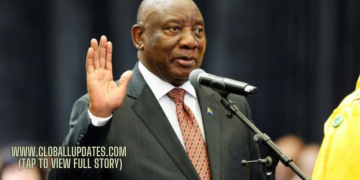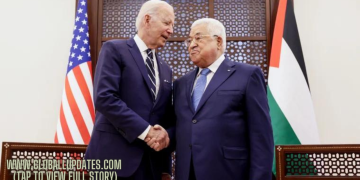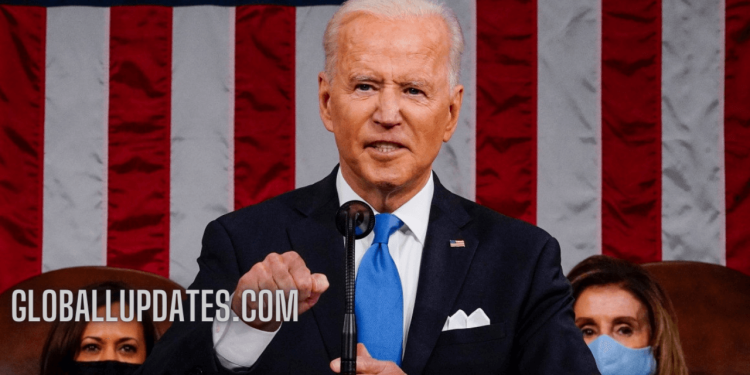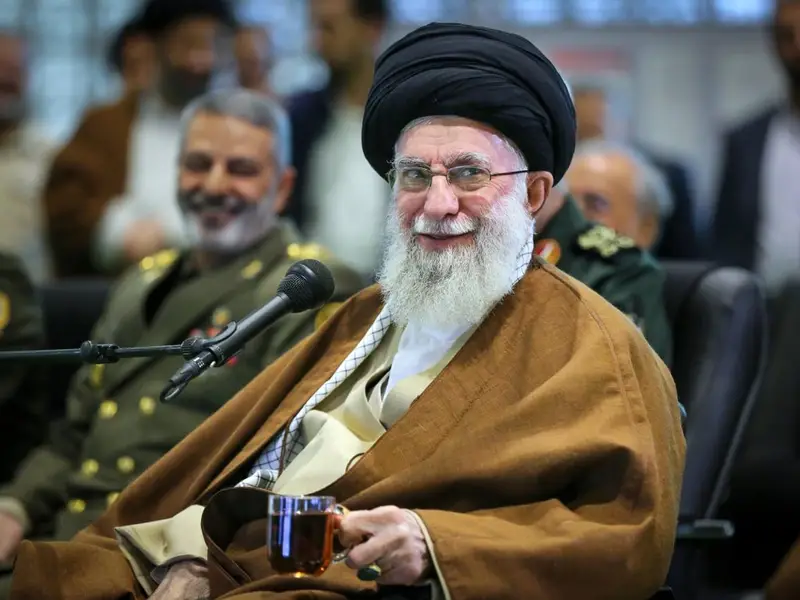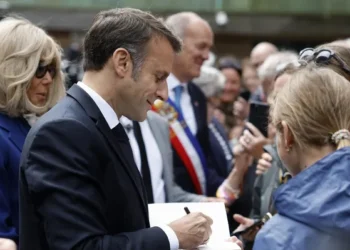In a world where geopolitical tensions frequently tip the scales towards conflict, the recent developments involving the United States, Israel, and Iran have drawn international attention. The catalyst was a significant incident: an attack on the Iranian consulate in Syria, which not only heightened tensions but also led to President Joe Biden’s declaration of “ironclad” support for Israel. This article delves into the complex web of military readiness, potential reprisal strategies, and the humanitarian impact of the ongoing conflict.
The Incident: A Spark in a Powder Keg
Approximately 10 days ago, the Iranian consulate in Syria was struck in an attack, killing senior Iranian figures, including Brigadier-General Mohammad Reza Zahedi. Iran’s supreme leader, Ayatollah Ali Khamenei, equated this act to an assault on Iranian sovereignty, vowing retribution against what he termed the “evil regime.” The United States and Israel, understanding the gravity of the situation, heightened their security measures, bracing for possible Iranian retaliatory actions.
Israel’s Stance: Readiness and Resilience
In response to the threats, Israel has significantly ramped up its military readiness. The Israel Defense Forces (IDF) have cancelled leaves for combat soldiers and called up reservists, particularly to strengthen air defense units. Israeli Foreign Minister Israel Katz made it clear on social media: if Iran attacks from its territory, Israel’s response would be swift and decisive, including potential strikes within Iran itself.
United States’ Unwavering Support
President Biden, speaking alongside Japanese Prime Minister Fumio Kishida, reaffirmed the United States’ unwavering commitment to Israel’s security. Despite disagreements over strategies in ongoing conflicts, such as in Gaza, Biden emphasized the “ironclad” nature of U.S. support in the face of threats from Iran and its proxies.
The Shadow of Reprisal: Hezbollah’s Role
Hezbollah, armed with a formidable arsenal capable of reaching deep into Israel, stands as a potential proxy through which Iran might seek vengeance. The organization’s enhanced capabilities over those of Hamas position it as a significant threat to Israeli security. The recent daily exchanges of fire across the Lebanon-Israel border underscore the volatility of the situation.
Cyber Warfare: A Modern Battleground
Experts have not ruled out the possibility of Iran engaging in cyber-attacks as a form of retaliation. Such unconventional warfare could target critical Israeli infrastructure, adding a layer of complexity to the conflict.





